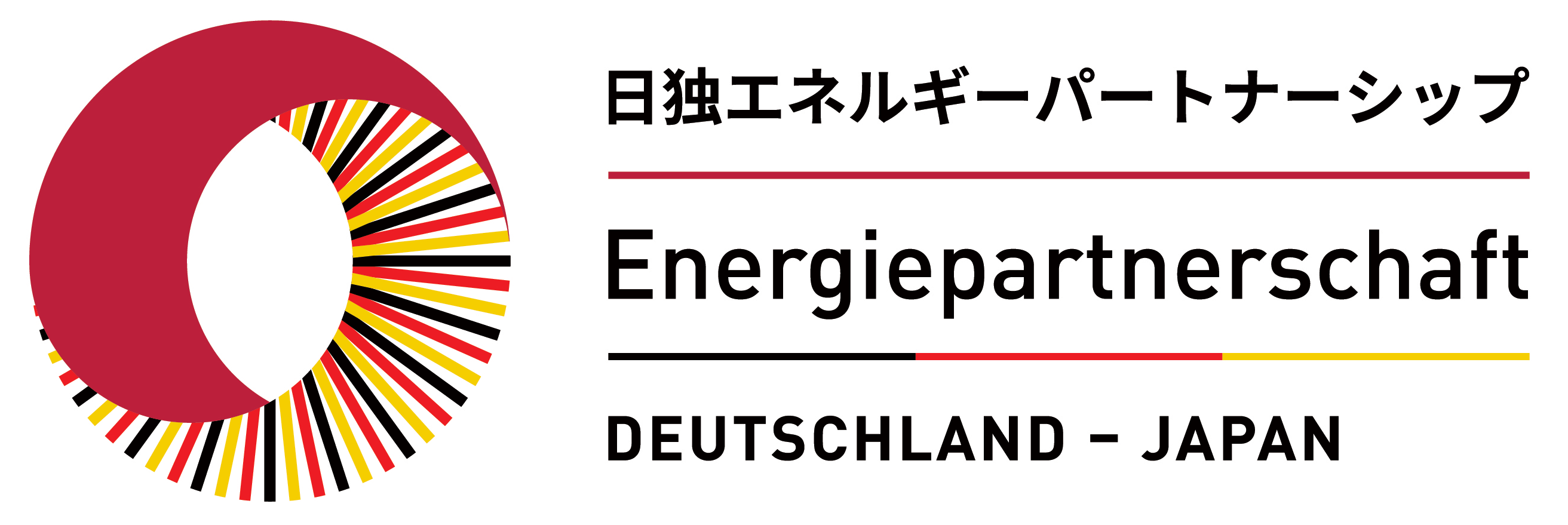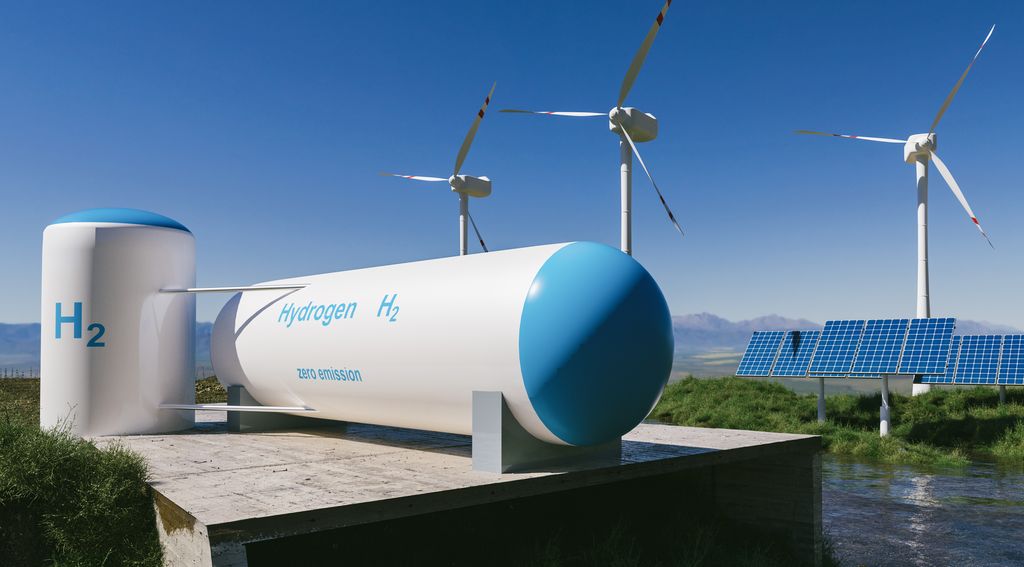Contact
Jana Narita
Senior Manager
Japanese-German Energy Partnership Team, adelphi
adelphi
Alt-Moabit 91
10559 Berlin
Germany
☎ +49 (30) 89 000 68 - 361
fax +49 (30) 89 000 68 - 10

Heiwa Hasegawa
Head of Secretariat of the Japan-Germany Energy Partnership in Japan
German Chamber of Commerce and Industry in Japan (AHK Japan)
Sanbancho KS Bldg. 5F
2-4 Sanbancho, Chiyoda-ku
Tokyo 102-0075
Japan
☎ +81-(0)3-5276-8823
fax +81-(0)3-6745-8638

- Home
- Energy Partnership
- About
- Media Elements
-
Energy Partnership
- About the Energy Partnership
- Milestones
- Our Offer
- Events
- Media Elements
- Get in touch
- Partners

